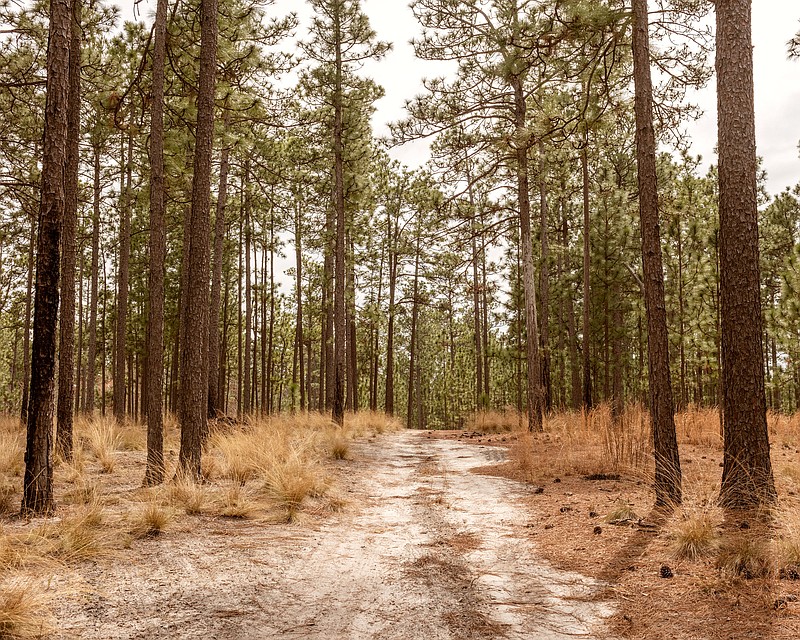Envy the lumberjacks, for they perform the happiest, most meaningful work on earth. Or at least they think they do. Farmers, too.
Agriculture, logging and forestry have the highest levels of self-reported happiness -- and the lowest levels of self-reported stress -- of any major industry category, according to an analysis of more than 13,000 time journals from the Bureau of Labor Statistics' American Time Use Survey.
The time-use survey typically asks respondents to record what they were doing at any given time during the day. But in four recent surveys, between 2010 and 2021, they also asked a subset of those people -- more than 13,000 of them -- how meaningful those activities were, or how happy, sad, stressed, pained and tired they felt on a six-point scale.
Activities such as playing with grandchildren, for example, tend to be loaded with happiness and meaning, while waiting on hold or commuting produce little of either.
But the two aren't always correlated. Heath care and social workers rate themselves as doing the most meaningful work of anybody, apart from the lumberjacks, but they rank lower on the happiness scale. They also rank high on stress.
The most stressful sectors are in finance and insurance, followed by education and the broad grouping of professional and technical industries, a sector that includes the single most stressful occupation: lawyers. Together, they paint a simple picture: A white collar appears to comes with significantly more stress than a blue one.
While lumberjacks and farmers do the least-stressful work, their jobs are well-known to be perilous, and they report the highest levels of pain on the job.
The most meaningful and happiness-inducing activities were religious and spiritual, which doesn't say much about farming or forestry -- at least not as it's commonly practiced in the United States. But the second-happiest activity -- sports, exercise and recreation -- helps crack the case.
Like farming, recreation ranks high on happiness and pain. And the two activities have one obvious thing in common: They take place outside. The slight pain is a sign of demanding physical exertion, and the price of getting outdoors.
Researchers across the social and medical sciences have found a strong link between mental health and green space or being outdoors.
That adjacency to nature forms the core of forestry's appeal.
Dana Chandler, co-owner of Family Tree Forestry in South Carolina, compared working in the forest not just to therapy, but also to aromatherapy.
"Even on your worst day -- something has broken down and you need to get wood to the mill -- the wind'll blow and you'll inhale a familiar scent -- that pine sap -- and it'll just take you to a place of peace instantly," Chandler said. "It's therapy. The woods is therapy; the forest is therapy. You can have the worst day ever but when you get out here? The forest just takes it all away."
Chandler's dad was a logger. So was her granddad. She grew up around logging, exploring the creeks and crannies of Carolina forests with her sister while her dad sawed and chopped.
And now her own daughter, Lana, bounces around the operation, effortlessly tossing around industry jargon and visiting local wildlife as she learns the forest. Chandler said she'd be delighted if Lana, 5, joined the family business.
"With all of those challenges that they face, I have never heard a logger say, 'I'm going to get out of it,'" Chandler said. "They say, 'I wouldn't want to do anything else.'" She says it's because of the woods: "It humbles you."
In Georgia, Leslie Boby said she didn't grow up in the industry or originally target a life in the trees.
"I actually grew up in Chicago, so I had no idea about forestry. ... I just wanted to work outside," said Boby, who runs Southern Regional Extension Forestry in Athens, Ga. "Even though I grew up in a city with a family that has no outdoorsy history."
That instinct led her from a Peace Corps posting in Kenya teaching forestry to wildland firefighting in the dusty ponderosa and pinyon pines of Northern New Mexico.
And finally to her current post supporting forest-focused outreach and education at land grant universities across 13 Southern states.
But foresters' happiness comes from more than just the great outdoors, Boby said. Forestry forces you to work on a slower time scale. It pushes you to have a generational outlook.
"There's a point where you are now planting trees that you are not going to see harvested," she said. "It speaks to something larger than yourself. ... Your work is living on, and someone else will benefit from your efforts in a tangible way."
